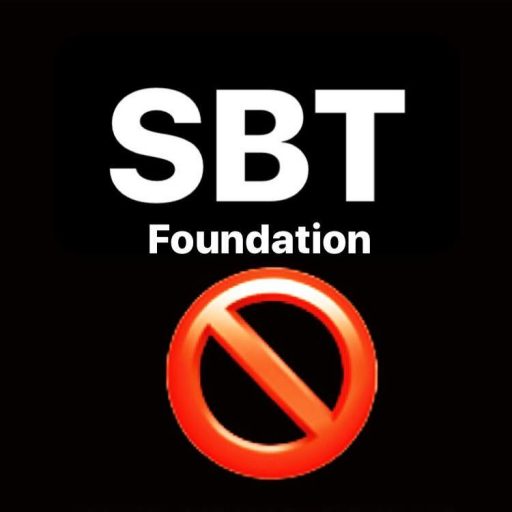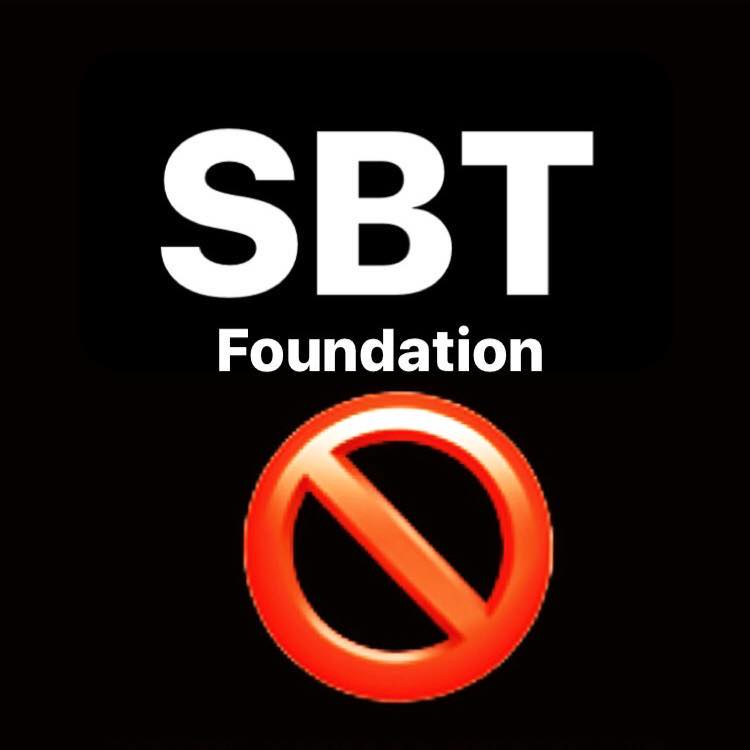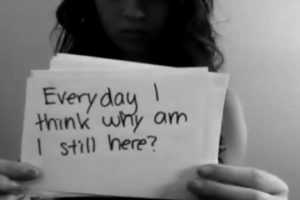What are the effects of bullying?
The effects of bullying on youth can be traumatic and long-lasting. Victims of bullying can show a range of emotional, behavioural, physical and relationship problems. In extreme cases, bullying can lead to suicide. Bullying is very serious, and its impact on children and youth must be taken seriously.
Some of the common effects of bullying on the child or youth who is bullied include:
- Depression (including sadness, loss of interest in activities)
- Anxiety (tenseness, fear and worries)
- Loss of self-esteem
- Increased levels of aggressive behaviour
- Health problems like headaches, stomach aches
- Loneliness and social anxiety
- Missing school
- Social withdrawal and isolation
- Suicidal thoughts, or suicide (in the most extreme cases)
Some adults who were bullied in their youth report extended psychological harm into adulthood, like continued distress, self-blame, fear, and internalized problems like depression.
There are also effects on the children or youth who bully that need to be considered. They not only have problems with peer relationships, they are at risk for many behaviour and relationship problems as they get older, including:
- Aggression
- Sexual harassment
- Dating aggression
- Delinquency
- Alcohol or drug use
- Gang involvement
Did you know? A child or youth can be both a bully and a victim, and may move between the two. These children and youth experience the most serious emotional, behavioural and relationship problems, and require the most intensive support






Leave a Reply
Your email is safe with us.